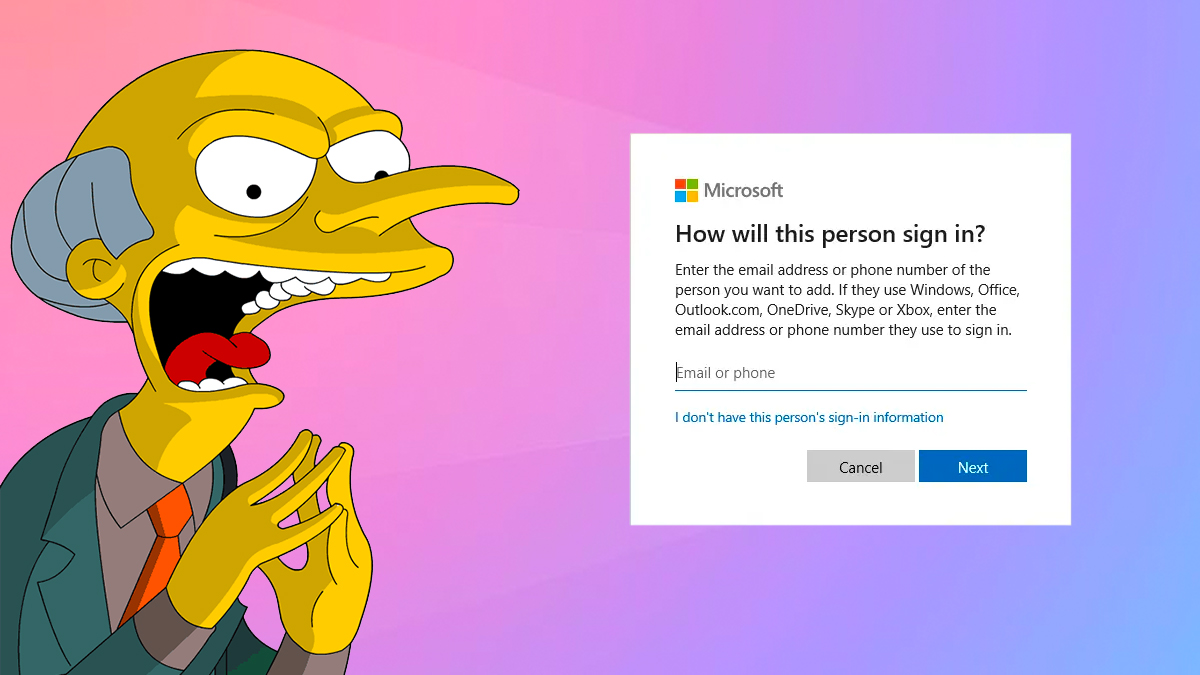The changes to Windows for DMA-compliance include:
- You can now uninstall Edge and Bing web search using the built-in settings. Earlier, the option was greyed out.
- Third-party web search application developers can now utilize the Windows search box in the taskbar using the instructions provided by Microsoft and choose any web browser to show results from the web.
- Microsoft will no longer sign-in users to Edge, Bing, and Microsoft Start services during the initial Windows setup experience.
- Data collected about the functioning of non-Microsoft apps, primarily bug detection and its effects on the OS, from Windows PCs will not be used for competitive purposes.
- Microsoft, from now on, will need explicit user consent before combining data from the OS and other sources. It will also deliver new consent screens where required.
These changes are only applicable to users in the EEA. For those outside the region, Windows will continue to function as it is!



Just because software vendors legally made it that way doesn’t make it right. Also probably the main reason, many people don’t have any qualms pirating.
Sure, but I’m not making a statement about the ethics of it. I’m just stating that that’s the current reality. That’s how commercial software is sold. I’ll freely agree it’s a bullshit practice and we should actually be able to own things, but that’s a whole different discussion.
K, but conquer4 certainly seemed to be either implying it or making an irrelevant distinction, since the comment they replied to was a “should” kind of comment.
Right. This is only “right” because tech corporations were allowed to undermine the meaning of ownership without any attempt to protect customer rights. The concept of “buying a license” is fundamentally contradictory, because without the transfer of ownership, nothing was “bought”. Yet they still present this licensing process as if it was a purchase, which is deceptive.
Many take it for granted that this is just the nature of digital purchases, but the digital market simply created the opportunity for companies to redefine purchases with less resistance. Now they are trying to do the same with physical objects: physical media, technological devices, vehicles, so forth, trying to establish that people didn’t own what they bought.
And the basis of all of this is simply that they wrote some text that they said so. Can you imagine if customers tried something like this? They would be laughed out of the room. It’s a sham. The flimsiest possible pretense of legitimacy. Yet it’s treated as valid because they have the lawyers to defend it while the average customer does not, and governments often neglect their role to advocate in favor of the public.